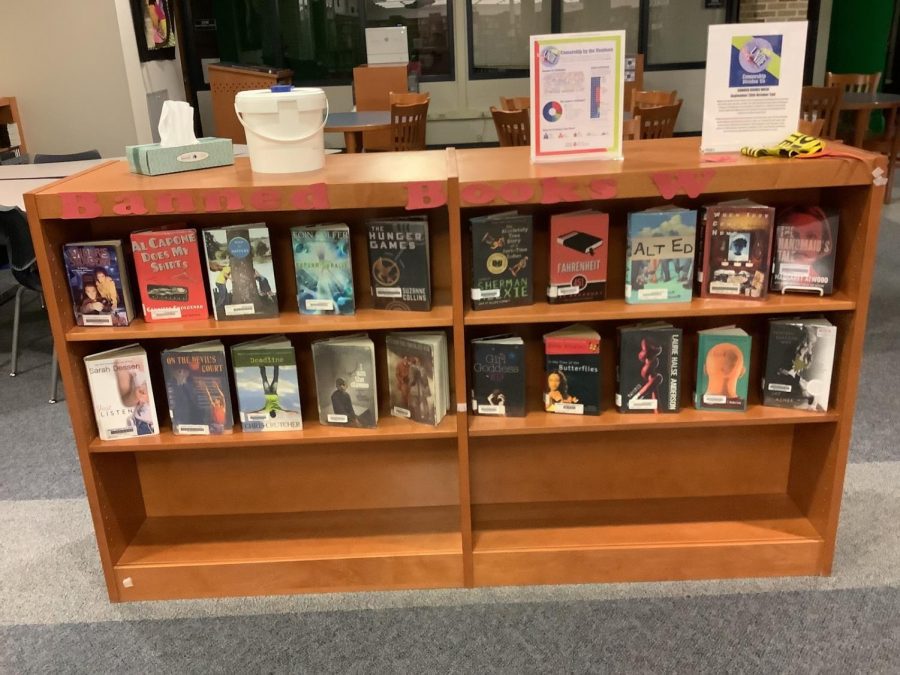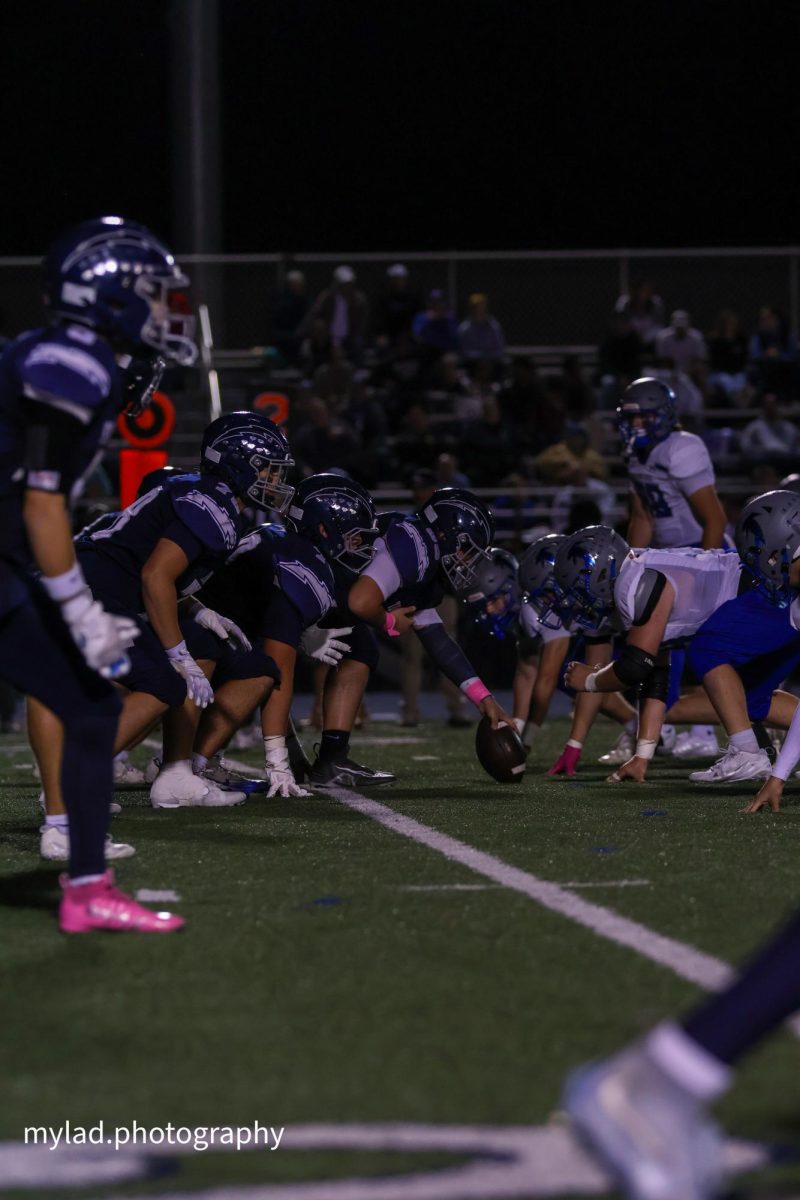Opinion: Schools should not ban books
October 20, 2021
September 26th through October 2nd was Banned Books Week, and now is the opportune time to expose just how widespread the issues of literary censorship are. Unfortunately, schools still have to deal with books being challenged. In some cases, these schools considered banning the books from their libraries. Literature that is controversial or that authorities want to keep from the public is often disallowed. Especially in schools, books are challenged and banned far too often.
Recently, Central York School District banned — or in their words, “froze”—a list of books until they were reviewed further by the district. Most of the material that was banned portrayed people of color and other minorities. The books were challenged due to concerns from parents over the possibility of white children feeling guilty about their race. The parents were concerned that keeping the books in circulation would create more division in the district. In addition, the school had recently stopped a social studies program focused on the Black Lives Matter movement and “other racial justice material”.
Parents and educators often argue that they are only acting to protect children from being exposed to topics they are not ready for. While this is a valiant cause, the repression of particular books is not the way to go about pursuing it. The question is not whether the adults in these situations have the students’ best interests in mind, but whether they realize how much perspective they are depriving their children of by restricting books from them. As the associate professor of Early, Middle, and Exceptional Education at Millersville University, Dr. Lesley Colabucci, explained, “Young readers need to see diverse portrayals in their reading material in order to better understand the world around them.” If the experiences of varied cultures in literature are blocked, students will not have empathy for all cultures. The sooner society realizes that children need access to a variety of books in order to understand their world, the better off we will all be. Without this knowledge, children will be less sensitive to the world’s cultures and less able to act appropriately in some situations.
Rather than restricting books, we as a society should encourage children to read age-appropriate literature. In addition, many students are ready for difficult topics before their peers and can decide for themselves what they can handle. Although some subjects may be uncomfortable, they invite valuable learning opportunities. This discomfort is necessary for children to discover and define their own boundaries.
It seems likely that many of these controversies stem from fear. As author and advocate for intellectual freedom Amy Sarig King put it, “It comes from a place of fear… is that really how we want to run our schools and our world? From a place of fear?” As a society, it is crucial that we allow children to experience the entirety of the world– not just the part that is idealistic. And while fear is understandable, we cannot let it govern us. If we do, we risk eliminating entire cultures and experiences simply by refusing to discuss them.












